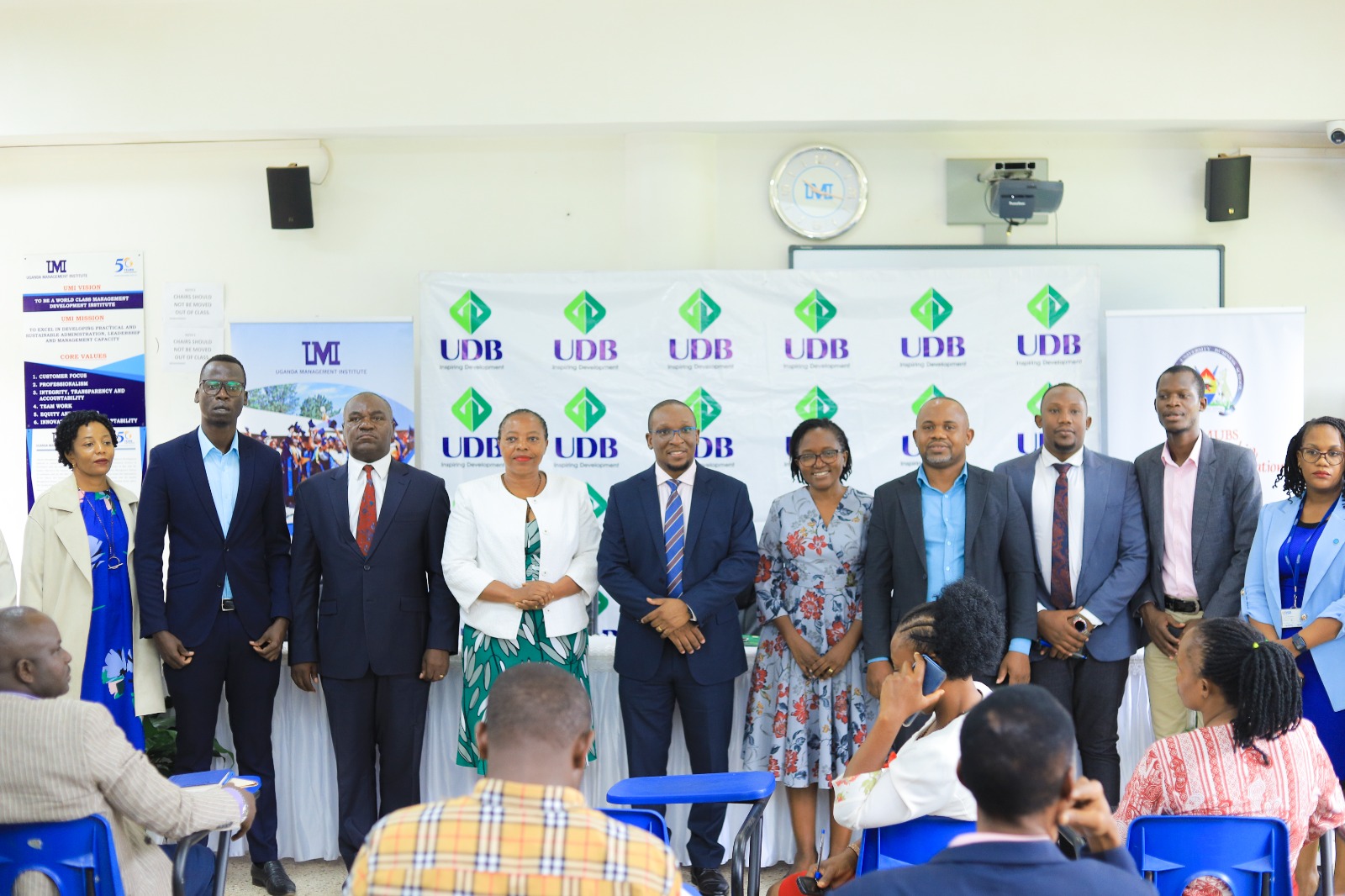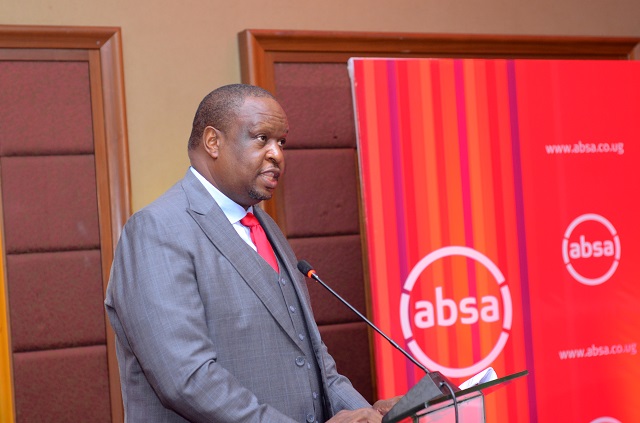Experts have said that overfishing, use of illegal, destructive fishing gears and destruction of fish eggs in breeding areas have interrupted the reproductive cycle of fish, leading to declines in the fish stocks.
The observations were made by Dr. Winnie Nkalubo, the director of National Fisheries Resources Research Institute (NaFIRRI), Joyce Ikwaput Nyeko, the director of Fisheries Resources in the Ministry of Agriculture and Adolf Gerstl, project leader GIZ-Responsible Fisheries Business Chains Project on NBS TV.
Keep Reading
They called upon the public to participate in the protection of the fish breeding areas in Lake Victoria for more sustainable fish production.
According to the experts, one of the approaches for ensuring the lake’s sustainable fisheries production is to protect areas in the lake where fish breed and nurture their young ones.
They stated that all fish breeding and nursery grounds "Ebyondo" need to be protected, adding that fish breeding and nursing areas are “maternity wards” for the fish.
“In natural water bodies, these are normally shallow enclosed bays where fish lay their eggs. The eggs hatch, and young ones are nurtured from there, till they develop into fingerlings that grow into mature fish,”said Nyeko.
Dr. Nkalubo stated that these priority areas should be validated together with the fisher communities.
Gerstl emphasised that engaging the communities assures the project a sustainable impact since the benefits of protecting fish breeding areas can be observed in increased fish catches.
With funding from German Federal Ministry for Economic Cooperation and Development (BMZ), through GIZ Responsible Fisheries Business Chains Project, areas will be validated, mapped, gazetted, demarcated and protected.
After Lake Victoria, experts said the exercise will also be carried out on other major water bodies in Uganda to avoid the extinction of fish species and ensure food security.
The fisheries sector contributes 12% of the Agricultural GDP and 2.5 % of the National GDP, employs over 5.3 million Ugandans, thus provides household incomes, and food security and also is a source of revenue to local and state authorities.













